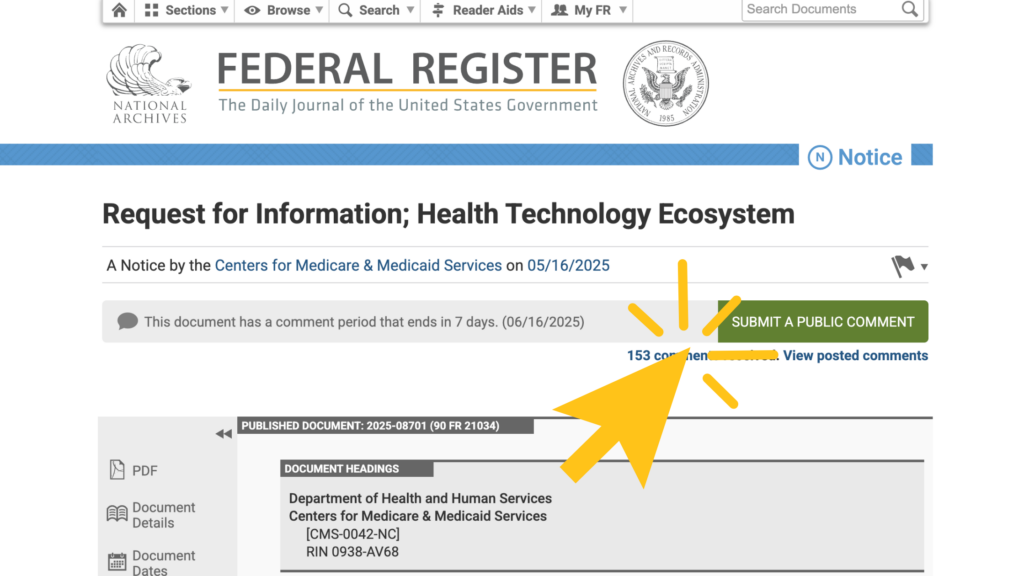In December 2024, Seattle Children’s Hospital announced enhancements to its MyChart system, granting teenage patients and their authorized proxies expanded access to health information, including care team notes, after-visit summaries, medications, and test results. This initiative aims to balance patient confidentiality with the need for comprehensive health data access.
Challenges in Teens Accessing Patient Portals: A National Perspective
Despite advancements at institutions like Seattle Children’s, many hospitals across the U.S. present significant barriers to adolescents accessing electronic health records (EHRs). Patient advocate, Rebeka Acosta, highlights the confusion caused by the inconsistent policies from one hospital to another. As a mother of two children who receive care at various children’s hospitals, she has personally experienced these discrepancies and found little guidance on how to effect change. Her efforts focus on continually advocating and educating parents and teens about their rights to access health information.
Patient Portal Confusion for Teens and Parents
Access to patient portals for teens often falls into a gray area, balancing HIPAA privacy laws with the need for parental decision making for minors. Variations in hospital, state, and federal policies confuse hospital administrators and families, leading to gaps in information sharing and frustration. Acosta emphasizes the importance of transparent communication between healthcare providers and families. She advocates for policies that empower adolescents to engage in their healthcare while ensuring parents remain informed. “Access to health information should not be a privilege but a standard practice,” she asserts. “When families are informed, they can make better decisions, leading to improved health outcomes.”
Rebeka Acosta: Advocating for Equitable Access to Health Information
Rebeka Acosta, Nevada’s first Board Certified Patient Advocate and founder of A+J Patient Advocacy, has been a vocal advocate for patient rights, especially concerning access to electronic health records (EHRs) for adolescents and their families. Her organization focuses on supporting children, adolescents, young adults, and their families to maximize health outcomes.
In an interview, Acosta further highlighted the complexities surrounding adolescent EHR access, noting that while some institutions like Seattle Children’s are making strides, others need to catch up. In Las Vegas, where she is based, the absence of a dedicated children’s hospital exacerbates these challenges. She recounts instances where hospitals deny parents and teens activation codes for patient portals until after discharge and refuse to provide printed medication lists and lab results upon request. Such practices hinder timely access to crucial health information, compromising coordinated, timely care.
Why Standardized Policies for Teen EHR Access Matter
The inconsistency in EHR access policies across institutions reflects broader systemic issues. A study published in Pediatrics found that adolescent portal access policies vary widely across and within states, with challenges including legislation, confidentiality concerns, and technical barriers.
These disparities can lead to confusion and frustration for families seeking seamless access to health information.
The challenges in Las Vegas underscore the need for standardized policies that prioritize patient access to health information. Acosta’s advocacy work aims to bridge these gaps, ensuring that all families, regardless of location, have the tools necessary to manage their health effectively. She continues to collaborate with healthcare institutions, policymakers, and communities to promote equitable access to EHRs, recognizing that such access is fundamental to patient-centered care.
A Tale of Two Approaches to Teen Access
The contrast between Seattle Children’s Hospital MyChart updates and the barriers faced by families in Las Vegas highlights a national issue: inconsistent access to electronic health records for families. While Seattle Children’s Hospital’s announcement demonstrates how systems can balance patient confidentiality with accessibility, many families across the country face fragmented and cumbersome processes.
As a parent, can you or your teen easily access health information through a portal? Is becoming a proxy for your child’s account straightforward or frustratingly complex? If you’re a part of a pediatric office, what experience do your patients and families face when seeking access to their electronic health information? Does this cause increasing phone calls to your office staff?
For advocates, parents, and healthcare administrators, Seattle Children’s Hospital’s recent updates provide a blueprint for fostering trust and collaboration between families and providers. We would love to share more of what we understand about patient access rights to help: Contact us
Are you in Nevada and struggling to access medical records through a portal for your child? A+J patient Advocacy can help! Contact Rebeka Acosta at https://heart4advocacy.org/request-a-consultation/.
By simplifying access and engaging families, we can drive systemic change, ensuring that no family is left in the dark about their health data. The time to act is now, because each of our families deserve better!







